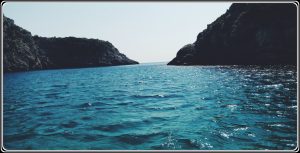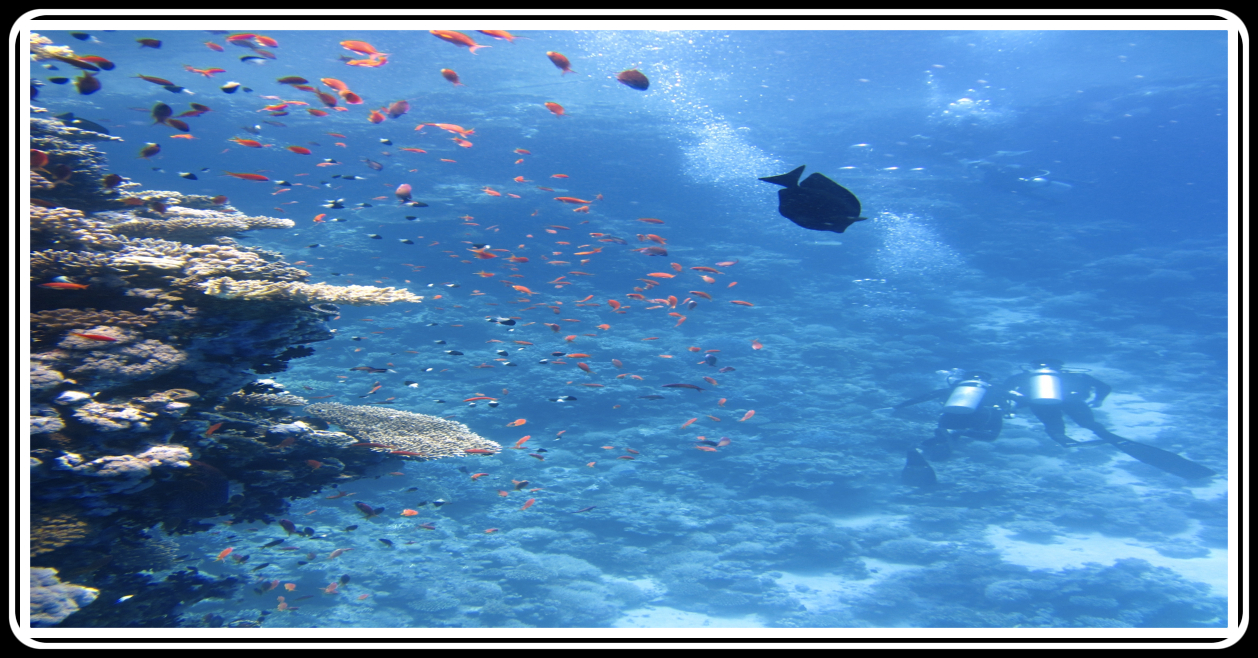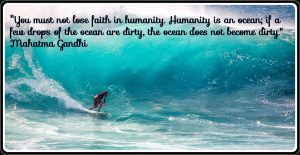Did you know that? Today we celebrate World Ocean Day. A day to reflect all the goodness and richness of our oceans. It’s also a convenient time to reflect on the negative impacts we have subjected these oceans to.
Did you know that oceans cover three-quarters of planet earth? Oceans are the largest water bodies. They are responsible for our clean atmosphere. They take in carbon dioxide and offer us oxygen.

So how many oceans do we have on planet Earth?
They are five oceans. Namely:
- Pacific (North Pacific and South Pacific )
- Atlantic (North Atlantic and South Atlantic )
- Indian
- Antarctic (Southern)
- Arctic oceans.
Are Sea and Ocean, same thing?
A sea is a large body of saltwater that is surrounded in whole or in part by land. While an ocean is a body of saline water that composes much of a planet’s hydrosphere.
Seas are smaller than oceans and are usually located where the land and ocean meet. The key difference is the boundaries and depth.
Seas have boundaries while oceans are boundless. Oceans can change the climate of the globe, but seas do not have that influence on the weather.
Oceans and seas are almost impossible to separate while discussing them. So we will learn what they both benefit us. As well as the negative impacts they suffer from our activities.
Oceans are yet to be understood or fully utilized due to impossible circumstances.

Oceans support life on this planet. They provide food and habitat to many living species. They are special in many ways. Including:
- Offering beautiful beaches through their sea extensions. Many spend their holidays at the beaches. Enjoy the sun bask, awesome swims, wonderful animals, and cool breeze. Beaches offer the best vacation stops.
- Providing learning resources. The ocean is home to a wide variety of species. Both the discovered and the yet to be discovered. The scientist has spent a good quality of time studying it. And every time, it offers them something new.
- The ocean is responsible for the rains and water needed by planet Earth. It holds 97% of the Earth’s water.
- It’s a hub for important natural resources. Such as sand, copper, gravel, cobalt, salt, iron, and even crude oil. These resources are vital and needed by humans for their economic empowerment.
- The ocean is a source of food. It hosts a wide variety of flora and fauna. That can be used as food.
- They do provide habitat for both flora and fauna.
Problems facing seas and oceans
- Over-exploitation of its resources. These resources include flora, fauna (marine life included), minerals, among others. Humans are extracting more than required.
- Ecosystem imbalance. This is a result of both overexploitation and the introduction of invasive species. In some instances, the predators‘ population has seriously declined.
- Poor waste management. Most of the planet’s waste find their way into the oceans. These range from plastics, oil spillage, even nuclear weapons. Oceans are yet to have a body that protects them against illegal dumping.
- Ocean acidification. This is a result of the carbon dioxide build-up in the oceans. Due to the high carbon dioxide being released from industrialization activities. Oceans are becoming more acidic. And in return suffering several consequences.

These are just a few major threats facing our oceans.
As we celebrate this year’s World Ocean Day, may you be a part of the positive change?
- You can participate in a clean-up activity as a group or individual.
- Promote conservation awareness within the communities adjacent to the oceans and away.
- Offer support in form of funds in support of ocean welfare.
- Come up with a solution to ocean pollution.





1 thought on “Its World Ocean Day”